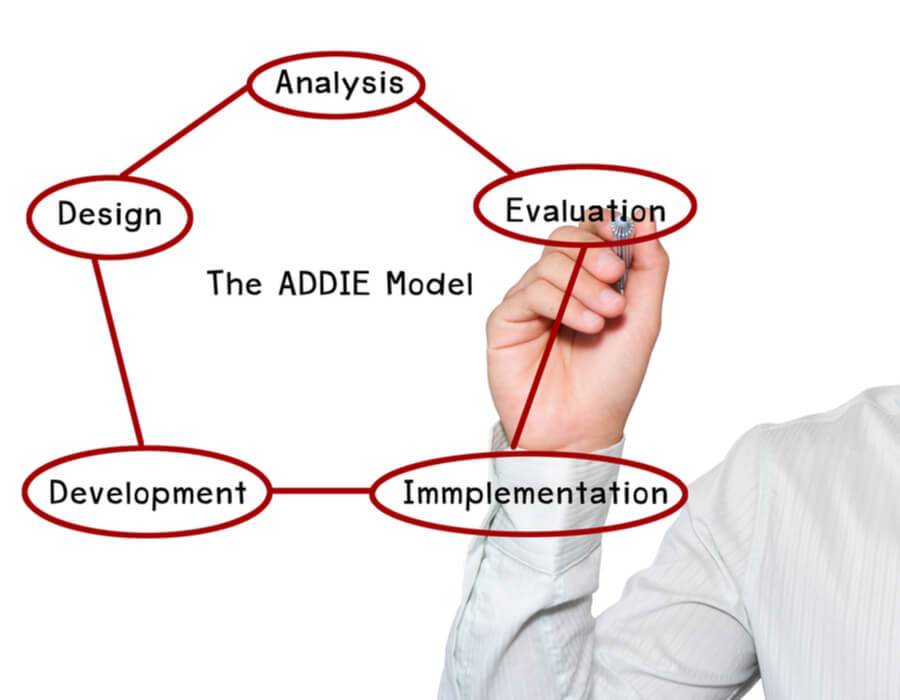
This Exit Interview Template sets a good foundation for your company's best practices on employee feedback. It should be adapted to your company’s specific needs and circumstances.
The Principle
It is natural that employees who are leaving the company may be more comfortable giving feedback about the company than when they were employees.
As a company, we would like to take advantage of this and tap into our former employees’ insights to better our management.
An exit interview is a method of gathering such information from employees who are resigning from the company. We specifically seek to know:
- Why the employee chose to leave the company.
- What is their next place of employment is?
- In what way is their next position superior to their current one?
- What the employee liked or disliked most in the company.
- Whether the official job description matched their actual work.
- What advice the employee would give to their successor.
- What, in their opinion, the company can do to improve the working conditions for the remaining staff?
The employee exit interview policy applies to all employees who leave the company voluntarily.
Best Practices Highlights
Definitions
An exit interview can be described as a discussion with an employee who has resigned. The exit interview is to receive an honest opinion about their work experience with the company, their reasons for leaving, and ideas for improvement.
In-person interviews are usually preferred but we may use questionnaires or phone interviews depending on the employee’s preference.
Exit interviews are coordinated by HR, who may assign the interviews to the manager of the employee’s immediate supervisor. But immediate supervisors of the departing employees are not allowed to participate in the interviews. The company may also occasionally hire external consultants to conduct the interviews.
Exit Interviews are Voluntary
Exit interviews are voluntary and failure to participate does not draw any repercussions. HR should always make it clear to the employees that the exercise is optional but the company values their feedback immensely.
We will also offer tokens such as [gift cards] as a mark of appreciation to employees who agree to participate in the interview.
Conducting Exit Interviews
As a rule, the discussions in an exit interview should focus on collecting information from employees and understanding the company from their point of view.
Those conducting the interview should not:
- Attempt to persuade the employee to rescind the resignation.
- Become sensitive and defensive to negative feedback.
- Focus only on gathering negative feedback.
- Exaggerate the employee’s feedback or quote them out of context to advance a different agenda.
Standard Format
The length of the interview may vary from person to person and whether it is in-person, over the phone, or in a video call. However, standard time should be about [60 minutes].
In concluding the interview, HR should close with a positive and conciliatory tone, thanking the employee on behalf of the company for their service during their employment and honest feedback.
Sample questions
Exit interview questions may be determined by the employee’s seniority, role, and length of service.
Some standard questions for all roles would include:
- Briefly summarize your general experience working for us. And if you don’t mind, may I know what exactly prompted your resignation?
- What is the best thing about working here?
- Given the chance, what would you change about our workplace?
- How would you rate guidance and training opportunities here?
- Did the company recognize you for your work?
- What were the main constraints to your efficiency or productivity?
HR should use these as baseline exit interview questions in all interviews. These should then open up a discussion that will guide the employee into opening up and giving honest feedback on other issues.
In Case of an Important Disclosure
An exit interview may uncover an important issue that would be in the company’s interest to immediately follow up. This could be incidents such as harassment, discrimination, or embezzlement. HR should record these issues for immediate follow-up within the company policy.
They should also let the exiting employee know that some of their feedback warrants disclosure owing to its importance.
Confidentiality
Exit interview contents must remain confidential and exiting employees must be made aware of this. HR should assure the employees that the results of the interview are presented to the management without direct attribution to an individual source.
Procedure
Once HR receives a notice of resignation, it may reach out to the employee and request for an exit interview, this request should be in writing. The format of the interview should be at the discretion of the employee who may also decline participation.
The preferred timing should be before the employee’s final week of service in the company. HR should avoid scheduling on the last day unless it is completely unavoidable. Another alternative would be giving the interview within [a month] after the employee’s final day in the company.
HR should always compile and analyze data from exit interviews and share insights and recommendations with senior management. These reports can be submitted annually or quarterly or even more frequently depending on the issues involved.
Follow up Survey
A follow-up interview may be necessary for some employees [six months] after the initial interview. This would help us to reaffirm the employee’s initial sentiments when departing and perhaps extract further feedback that the employee may have been reluctant to give the first time.
HR should inform such employees via email that they intend to send an email survey and must seek their consent beforehand.
To find out more about how you can manage the full employee lifecycle, contact World Manager today for a demo!
Disclaimer: This information is meant to provide general guidelines and should be used as a reference. It may not take into account all relevant local, state, or federal laws and is not a legal document. Neither the author nor World Manager will assume any legal liability that may arise from the use of this information.













